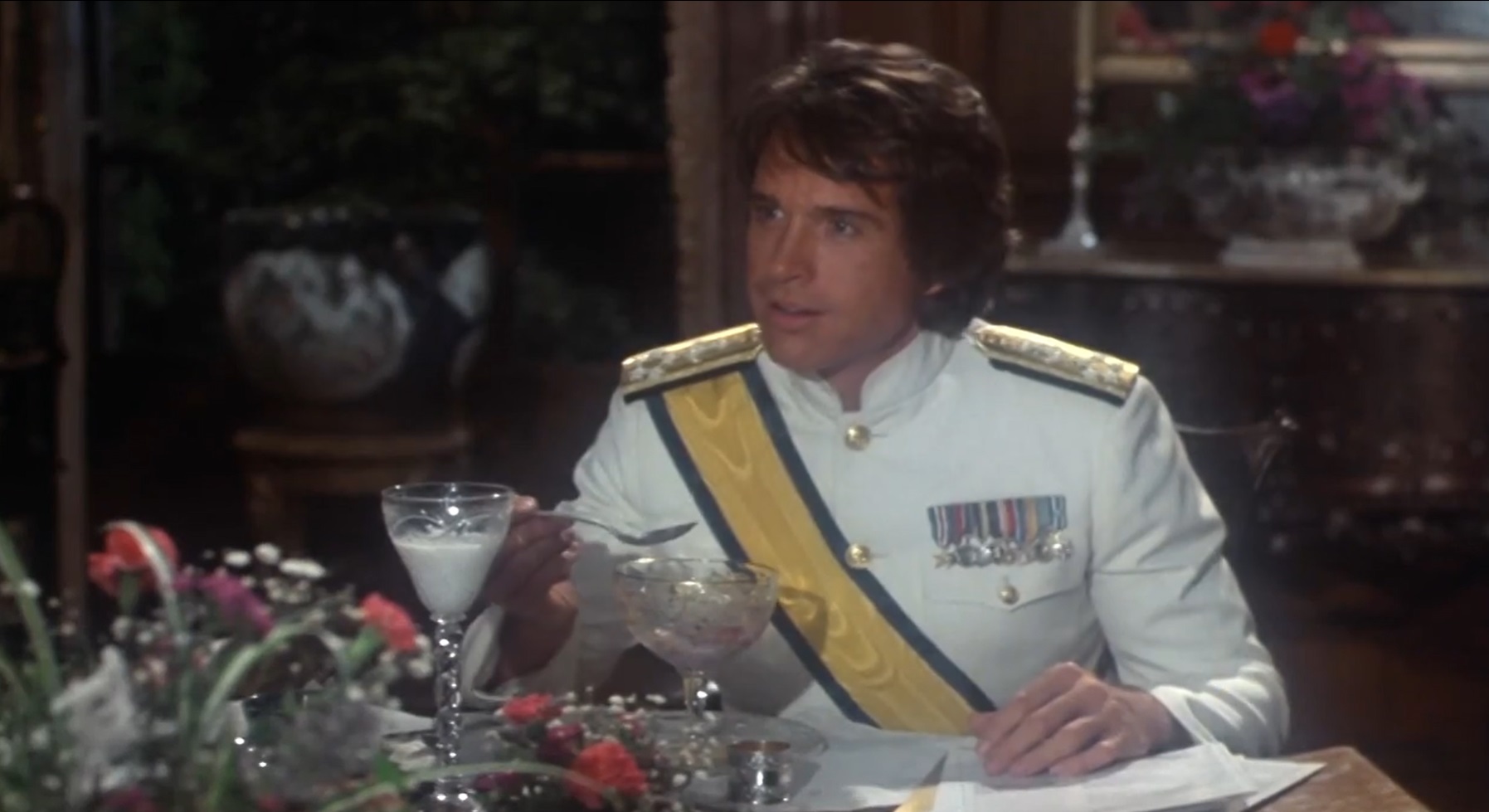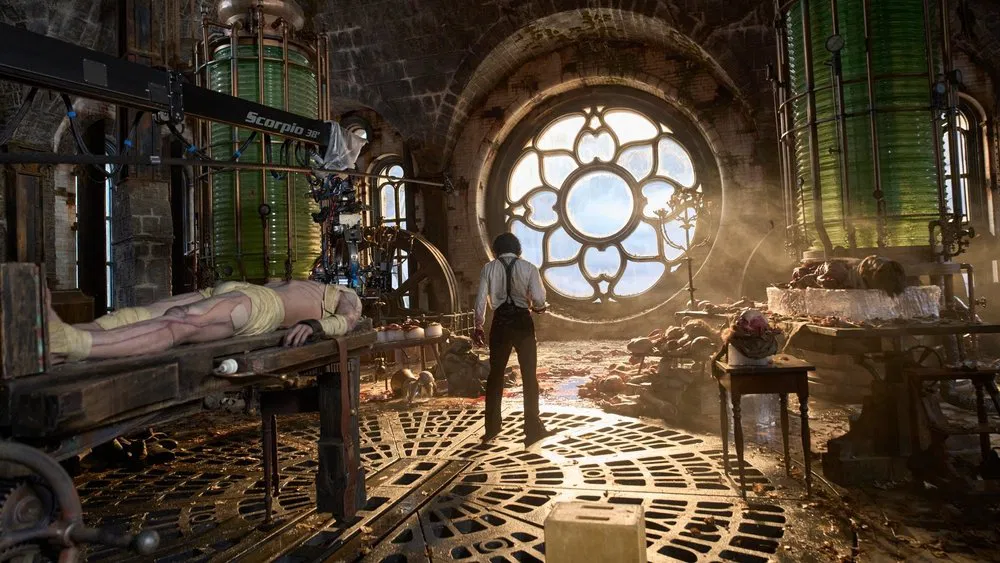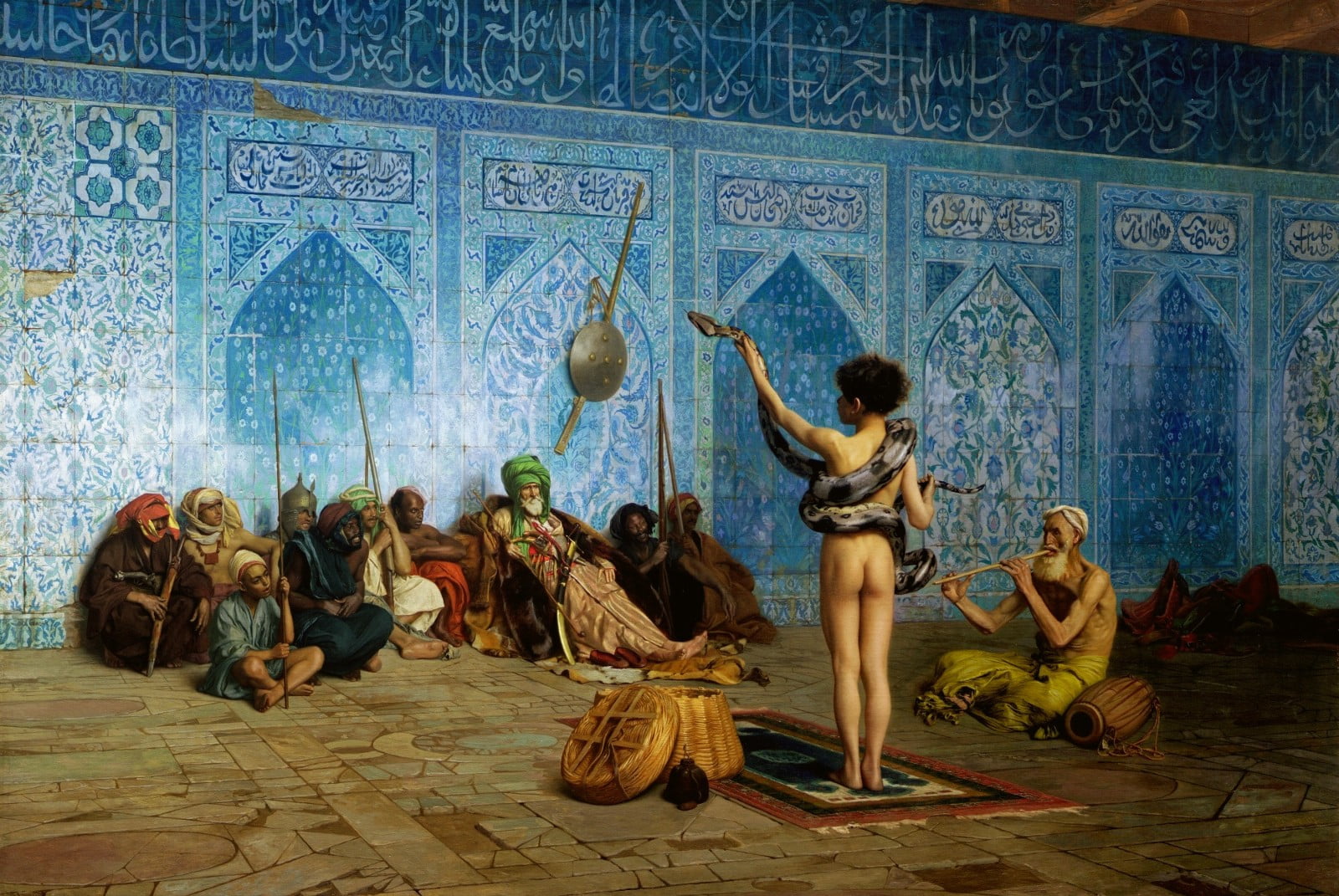
By Emad El-Din Aysha, PhD
I made the mistake of reading, and the even bigger mistake of ‘buying’, M. M. Tawfik’s novel Candygirl: An Egyptian Novel, published in English by the AUC Press in 2013. (Mr. Tawfik did the translation himself, and he does a reasonably competent job of it, to be fair for no particularly good reason). The story is about an Egyptian scientist who calls himself the Cerebellum, a man who formerly worked in Iraq but is now hiding out in the slums of Cairo in an effort to dodge the US intelligence services trying to kill him. His one weakness is his cybersex girlfriend, if you can call it that, Candy Girl, and the Americans finally get the lead on him through a slipup he makes while conversing-confessing to her.
In the meantime we’re introduced to the nefarious characters that populate the seedy world of the Cerebellum’s dilapidated hideout, a room on the roof of a brothel. There’s a girl, a prostitute, who’s gone all religious and is nicknamed Condoleezza – on account of her African features (boo, hiss) – and a boy in love with her named (ridiculously) Tahir, which means ‘pure’ in Arabic. Tahir’s mother is the one that runs the whorehouse, and Condoleezza needs the Cerebellum’s help to auction her ‘pleasure’ marriages (a Shiite practice) so she can have sex for money with a clear conscience. And as if this isn’t complicated and distracting enough, the opening of the storyline line has the Cerebellum narrowly escaping assassination by the agency on his tail thanks to some old man (he doesn’t recognise) who bumps into him to pay him an old debt, in gold coins. He chases after the man and bumps into an old female acquaintance (named Didi, who never seem to recognise him) and the men accosting her, and he gets kidnapped along the way.
The not terribly bright Cerebellum does eventually free the girl from captivity but insists on doing this mission of mercy while catching a sneak peek at his sweetheart Candy Girl in the flesh, which costs him his life. Was any of this worth the trouble? I think not, and not just for the poor sod of a scientist who gets killed in the end in between all the sweet pastries at Groppi!
Wheels on Screeching Meals
The reason I was duped into paying good money for Candygirl is that it was supposed to be ‘science fiction’. Reading it however, I didn’t find anything of a futuristic or non-existent technological nature. To make matters worse, the old man who emerged out of nowhere to save the Cerebellum also emerges out of nowhere at the close of the story, and sitting right beside him is none other than the infamous Candy Girl. And, previously, the American spooks tailing the Cerebellum see the old man (he wears a fez that looks brand new) but his face is always obscured on their recording equipment. So he’s a phantasm, just as Candy Girl is. So much for ‘science’ fiction.
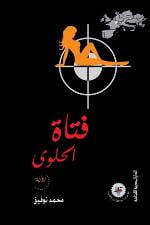
The scene also looked disturbingly familiar. I’m reminded of the magnificent Franklyn (2008), a scene where you have a hospital orderly and a stunning redhead (played by Eva Green) that is supposed to be an imaginary girl; the imaginary playfriend of a central character. The implication in the movie is that she is an angel sent to save people from sure destruction, and in the process the man who is madly in love with her meets a flesh and blood woman that looks exactly like her, and she also crossed paths with the mysterious hospital orderly (after a deliberately botched suicide attempt). Intertwined fates in a faithless world of near total isolation. It’s supernatural but doesn’t claim to be anything else, and it’s just plain wonderful, with a morally uplifting end. Not so here. Not in the slightest.
The Cerebellum get himself killed, through his own stupidity, and in a very unconvincing way, and you ‘feel’ that the old man and (redheaded) Candy Girl are stand-ins for the past and the future, but for no particularly good reason. (The Cerebellum, for better or worse, has a love-hate relationship with the West, being unable to relate to how badly off and ‘alien’ Egypt has become since his youth). The final scene is in Groppi after all, long a symbol for the European presence in Egypt and the high life. (Groppi, just a different branch, pops up in Alaa al-Aswany’s Yacoubian Building, and a nefarious Cold War thriller set in Egypt called The Last Ramadan).
As for the crappy world that the Cerebellum lives in, the neighbourhood and the whorehouse, they are admittedly testament to the messiness of contemporary Egypt, but in a superficial way. Tahir talks about the Quranists, the people who want to rely on the Quran alone and not the Sunnah (example of the Prophet, PBUH), while Condoleezza with the condescending name is a Salafi that covers her face and considers women who don’t cover themselves to be the real whores. This is an indictment of the ideological playing-field that Egypt had become when the novel was written, no doubt, but it goes absolutely nowhere. And what’s it got to do with the high-tech thriller format, specifically?
The Cerebellum calling himself a ‘secular Sufi’ doesn’t cut any ice with me either. Didi’s character is a complete and utter waste of time and you can’t get the handle on what her relationship is with the Cerebellum, or even if there is a relationship. And the crappy relationship the Cerebellum has with the memory of his father, someone who insisted on wearing his underwear indoors and in the balcony, also means nothing.
Arabic fiction is just so damn self-indulgent with its focus on family life; such mundane antics have no place in a supposedly fast paced thriller with scientific overtones – or is that undertones? And that’s not the half of it!
Things that Go Bang in the Dark
I might have been less harsh had the novel been left in Arabic. When you do something in English, you’re appointing yourself an ambassador of your people, whether you like it or not, and you have to learn to speak the language of the foreigners, to know what they can relate to and communicate with them properly. Not so hear. Nobody admires anybody who insists on airing his dirty laundry for the world to see. (The Cerebellum has a kid brother, a retarded boy who always eats the frozen chicken out of the fridge. He’s named Akeel. That’s slang for ‘eats too much’. So much for symbolism!)
The novel suffers from the same species of problems that plagued The Baby Doll Night [Laylat El-Baby Doll] (2008), the giant embarrassment that was. (How is having sex with your lawfully wedded wife going to prevent terrorism and solve all our political problems? They just make those problems worse by adding more mouths to feed, and dumping one generation’s failures on the shoulders of the next. And enjoying sex is not coequal with breeding through artificial insemination). If movies, and novels, like this got us accolades abroad and won us Oscars, I might not be so pensive, but they steadfastly haven’t. Contrast that to the prizes the Iranians keep racking in all over the world, and they advertise their values (not vices) to the world to see, while also criticising those who don’t live up to their own standards in Iranian society. And they do it all with technical expertise, which is a lot more than I can say for our movies, and our novels.
Candygirl is well-written, for what it’s worth, with very rounded (if disgusting) characters and detailed surroundings. The author is keenly intelligent and very well-read and he replicates the high-tech world of American intelligence quite convincingly, if we are to take Jack Baur and CTU from the 24 series as a realistic model. The American characters are also convincing, as are their work shifts and task forces. But, despite all that is has going for it, the novel still falls flat on its face. Here’s why.
First off, the over usage of coincidence. You have Mr. Cerebellum bumping into the old man and then bumping into Didi and then the two of them bump into a gang, which opens up a whole story arch that is implausible, branches out into separate lines (with the old man making another appearance when the Cerebellum wants to sell the gold coins to free Didi) and leads nowhere. The second narrative track (or third or fourth) with Condoleezza and Tahir actually makes more sense and is more believable, if equally frivolous.

Condemning how ‘maggoty’ society has become, to borrow a phrase from Chinua Achebe’s Girls at War and Other Stories, is one thing. Using it as a freaky sideshow is something else entirely. It’s not heartfelt. That’s the problem with Candygirl.
The second big problem is ‘pacing’. The pacing if all off. Having places where things speed up, with action, and then slowing down afterwards for the nuts and bolts of the sorry to get going, is perfectly okay, but they don’t have to slow down to a complete and total standstill. You have a cool chase sequence early on, then the Cerebellum feeling helpless and powerless up against the fates (signified by the dice he keeps in his pocket) and bemoaning his luck and his unfortunate childhood experiences – where we’re introduced to his chopped-up-like-liver biography – all at the same time that he’s terrified for the inexplicable Didi and his desperate attempts to think up ways to get money to pay off the gang. When he finally makes his big move, its ten whole days later!
It’s like time-dilation when you travel close to or at the speed of light. And he’s so busy feeling helpless you never learn to sympathise with him or respect him. An Egyptian audience might like him, for feeling low and useless and at the mercy of powers greater than him, but the Western reader wouldn’t, and frankly neither do I as an Easterner.
He’s supposed to be the protagonist and this is supposed to be a whole new kind of novel for the Arab reader and this is all supposed to be ‘consistent’ with itself, which it isn’t. Someone who focuses every cell in his oversized brain to rescuing Didi, out of his sense of moral rectitude, doesn’t waste time like he does. You feel this is all a ploy for the author to introduce us to this character and the setting. Fat lot of good it does us. (Memories can flit through your mind, your whole life, in a mere instant, so there’s no need to waste time and have the memories being churned out in real-time. At this rate is would take 20 years to rescue her!)
We discover, way too late, that he’s not a scientist to begin with but a construction engineer – his mathematical genius notwithstanding – and had nothing to do with Saddam’s nuclear programme as such. The Americans only tell us this way too late in the story, because they’re afraid he’ll build bunkers that can withstand American bombs. (You’d think he’d done that for Saddam when he had the chance, during the American wars in 1991 and 2003, and you’d think the author would have heard of the resistant bunkers the Lebanese built for the war with Israel in 2006). You also find out, way too late, that the Cerebellum has a hormone problem which makes him able to resist women and that he spells things backwards in his speech when he’s nervous. No indicators of this early on in the story, anywhere, and especially in those situations where he’s up against a hot chick or in a life or death (stress-filled) situation.
Arabs only think of things at the last minute, myself included, but that’s no excuse when it comes to a novel. Surprising someone at the end is one thing, but you still have to leave clues, well-hidden ones, in the meantime. Not so here. So, the third problem is that the narrative is out of whack.
That’s about as scientifically as I can put it!
Swiss Cheese for the Masses
With all of the laborious flashbacks the so-called hero has, you still don’t have any flashbacks of him in Iraq. Just some negative commentary about Saddam Hussein, but nothing more. Now if there was any background we needed, it was that kind of background. But it just doesn’t happen.
The novel is full of holes, giant narratives gaps, and it’s inexcusable.
On the plus side, at the very, very least the novel doesn’t serve up an exotic image to the Western reader. The old man in the Tarbush (or Fez) is a case in point, since Egyptians no longer wear fez’s anymore. And the author makes sure to clarify that. Compare that to the aforementioned Last Ramadan (by some forgettable writer called Norman Lang, published in 1991), that can’t tell the difference between Morocco and Egypt and Syria. You have fez’s, as expected, fancy Turkish baths which are practically out of date (and decrepit) in Egypt and Egyptians having humus (chick peas) for breakfast, along with vines leaves wrapped around minced meet. Palestinians and Syrians eat humus, not Egyptians, and vines leaves in Egypt are stuffed with rice, not minced meat.
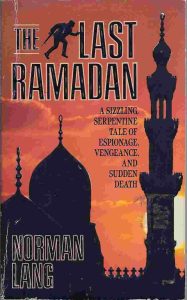
Another possible plus point in Candygirl is the issue of the gold coins, since they’re Fatimid, a reference to Egypt’s bygone Shiite past. (Hence, the pleasure marriage). A rupture happened in our identity as Egyptians that still hasn’t healed and maybe this novel can do something to ameliorate it, and so help us stand as a united front against the common Western aggressor and his (laughable) stereotypes about us as Arabs and Muslims
But that’s still not an excuse. And bear in mind that grinding poverty itself is a Western stereotype of the East, more so with places like India and Egypt, and even Morocco. Not to mention sex. And, wouldn’t you know it, you find both aplenty in the novel. In the age of the global village, Arab authors need to be careful when they put pen to paper, especially if they intend to translate their novels and get us some credence in the outside world. Gratuitous violence, sex and urban sprawl can actually be portrayed in a sensitive, funny and sympathetic way – like in Slumdog Millionaire or My Name is Khan, let alone Girls at War. Or Tayeb Saleh’s Season of Migration to the North.
You can’t beg for respect, you have to ‘earn’ it. The act of begging is itself degrading, and airing your dirty laundry simply doesn’t do the trick. The trick lies in avoiding particularlism. Don’t go on and on about how it only happens in Egypt, and this is a uniquely Egyptian problem, and so on and so forth. These problems are ‘universal’ problems that all human beings suffer from, to varying extents. Even in the West itself. Dickensian England isn’t that different than modern-day Egypt, and the English still read Dickens to remind themselves how goodly they are off now.
Again, Iranian cinema is instructive in this regard. They’re so successful at the Oscars, and elsewhere in the world, because they know how to speak this universal language. They use motifs Westerns cognise, but motifs that speak to the universal plight of the common man. Arthur Miller’s Death of a Salesman is a case in point, as we all saw in The Salesman (2016) by Asghar Farhadi. Another movie by that Oscar-winning director worth mentioning is The Past (2013), which is full of self-inflicted hurt and a mixture of good and bad guys regardless of nationality.
And Farhadi’s ferociously proud of his nationality. I’ve watched interviews of him in English and French, and he insists on replying in Farsi and having an interpreter there, even though you can tell that he understands those languages perfectly, and he’s living practically in exile in France, with endless tussles with the Islamic regime in Iran.
Can’t imagine anything like this happening any time soon, I’m sad to say. Still, if the AUC Press has the gumption to publish in English what it considers to be Egyptian science fiction, there’s hope for us all!!

